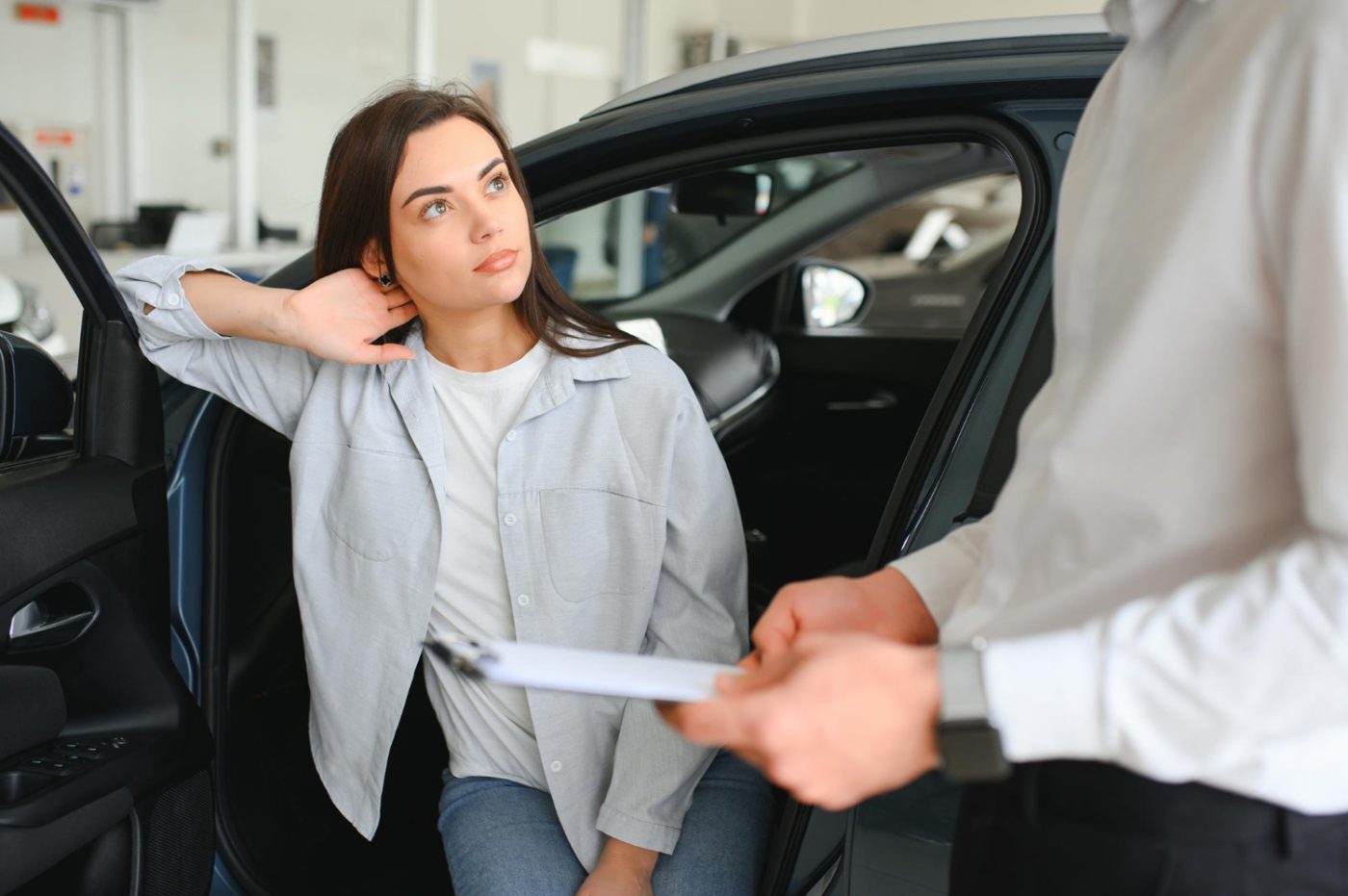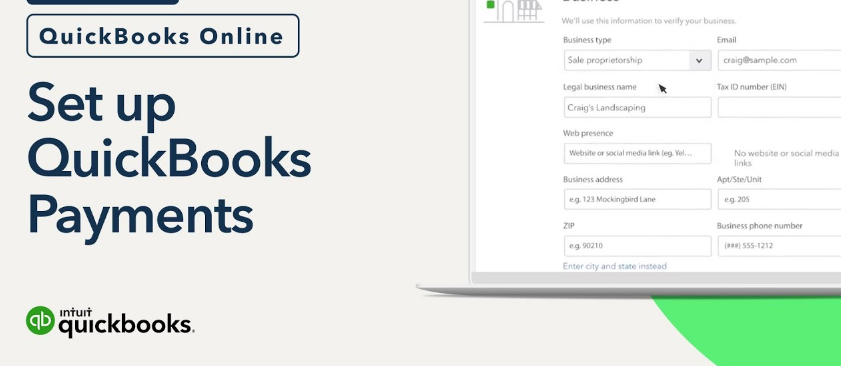Discover how to lease a car even with bad credit

Anúncios
Leasing a car is an attractive alternative to buying, offering lower monthly payments and the ability to drive a new vehicle without a long-term commitment, but not the same when lease a car with bad credit.
However, if you have bad credit, this process may seem more daunting.
Anúncios
This guide will explain how you can successfully lease a car with bad credit, including the drawbacks to consider, practical strategies to improve your chances, and alternative options if leasing doesn’t work for you.
Is it possible to lease a car with bad credit?
Yes, leasing a car with bad credit is possible, although it may require extra effort to succeed. Your credit score is one of the main factors leasing companies evaluate to determine your reliability as a lessee.
Anúncios
A bad credit score suggests a higher financial risk, which can lead to stricter leasing terms or higher costs. However, credit is not the only factor considered.
Leasing companies often assess your current financial situation, such as your income, employment history, and debt-to-income ratio.
By demonstrating a stable income and manageable debt levels, you improve your chances of approval.
Some leasing companies specialize in working with individuals who have subpar credit, offering tailored solutions to meet your needs.
While the process may involve higher upfront costs or limited options, it can still be a viable route to securing a vehicle.
Disadvantages of lease a car with bad credit?
Before proceeding, it’s essential to understand the potential downsides of leasing a car with bad credit.
Being aware of these challenges can help you make an informed decision and prepare for the leasing process.
Higher interest rates or upfront deposits
One significant drawback is the higher interest rates typically imposed on individuals with bad credit.
Leasing companies view applicants with low credit scores as high-risk clients and offset this risk by increasing the interest rate (known as the money factor in leasing terms).
These elevated rates can make monthly payments substantially more expensive, often negating the financial benefits of leasing.
Over time, the additional cost of high interest can make leasing almost as expensive — or even more so — than buying a vehicle outright.
Larger down payments
To reduce their financial exposure, many leasing companies require a larger upfront payment from applicants with bad credit.
This initial payment, often called a capital cost reduction, serves as a security measure for the lessor and lowers the financed amount.
While this can improve your chances of approval or secure better leasing terms, the higher upfront cost can strain your finances, especially if you’re already facing credit challenges.
This initial expense may also make leasing less appealing compared to other options, such as purchasing a used car or opting for a lease transfer.

Limited vehicle choices
Another downside is the restricted selection of vehicles available to individuals with bad credit. Leasing companies may limit you to lower-cost models or older vehicles perceived as less risky investments.
This approach minimizes the leasing company’s risk but could leave you with fewer options to meet your needs or preferences.
Stricter lease terms
Leases for individuals with bad credit often come with stricter terms to protect the lessor. These terms may include:
- Lower mileage limits: You may have to pay for a reduced annual mileage allowance, and exceeding these limits can result in hefty fees.
- Stricter wear-and-tear penalties: Leasing companies may impose higher standards for wear and tear, resulting in more charges at the end of the lease term.
- Shorter lease terms: Some companies may only offer shorter lease durations to minimize their risk exposure, which could increase your monthly payments.
These restrictions can make leasing less flexible and financially demanding, especially if you rely heavily on your vehicle for work or travel.
Difficulty renewing or upgrading a lease
When your lease term ends, renewing or upgrading to a new lease may be more challenging if your credit hasn’t improved.
Leasing companies may view you as a continued risk and require additional guarantees, such as a larger deposit or stricter terms, before approving another lease.
If your financial situation hasn’t stabilized, you may struggle to find another company willing to extend a lease on reasonable terms.
This could leave you without a vehicle or force you to explore less favorable alternatives.
Reduced cost-effectiveness
All these factors — higher interest rates, larger down payments, limited vehicle options, and stricter lease terms — combine to reduce the cost-effectiveness of leasing.
While leasing is often promoted as a more affordable alternative to buying, these additional costs and restrictions can undermine its financial advantages for individuals with bad credit.
For some, the total expenses may rival or exceed the cost of purchasing a vehicle outright, making it crucial to evaluate whether leasing truly aligns with your budget and needs.
How to lease a car with bad credit
If you’ve decided to proceed with leasing despite these challenges, there are practical strategies you can implement to improve your chances of securing a lease.
Make a larger down payment
Offering a larger down payment is one of the most effective ways to enhance your lease approval odds.
By reducing the amount the leasing company needs to finance, you lower their risk and potentially qualify for better terms.
While it may require saving more money upfront, the benefits often outweigh the costs.
Secure a co-signer
Having a co-signer with good credit can be a game-changer. A co-signer agrees to take responsibility for the lease if you fail to pay, giving the leasing company more confidence.
This arrangement often leads to lower interest rates and more favorable terms. However, it’s essential to ensure your co-signer fully understands the commitment involved.

Research and compare leasing companies
Not all leasing companies have the same policies regarding credit scores. Some specialize in working with individuals with bad credit.
Carefully research to identify companies offering flexible credit requirements. Compare terms, interest rates, and vehicle options to find the best fit for your financial situation.
Choose an affordable vehicle
Opting for a cheaper car can make leasing more accessible. Vehicles with a lower MSRP (Manufacturer’s Suggested Retail Price) typically result in lower monthly payments and may be easier to qualify for.
Additionally, cars with high residual values (the estimated value at the end of the lease) often come with more affordable lease terms.
Reduce your debt-to-income ratio
Before applying for a lease, focus on improving your debt-to-income ratio to minimize its impact. Pay down existing debts and avoid taking on new financial obligations for a while.
A lower ratio signals to leasing companies that you can manage your financial responsibilities, increasing your chances of approval.
Improve your credit before leasing
If possible, take steps to improve your credit score before pursuing a lease. Pay bills on time, reduce outstanding debts, and dispute any errors on your credit report.
Even modest improvements in your credit score can make a significant difference in the terms you’re offered.

Alternative options for getting a car with bad credit
If leasing proves too difficult or costly, there are alternative options to consider.
These can provide flexibility and help you meet your transportation needs without the challenges of traditional leasing.
- Lease Transfers: Take over the remaining term of someone else’s lease.
- Vehicle Subscription Services: Fixed monthly fees include maintenance and insurance.
- Buying a Used Car: Lower prices reduce financial strain.
- Public Transport and Ride-Sharing: Cost-effective temporary solutions.
Leasing with bad credit has challenges, but is achievable. For more financial tips, explore our site! Looking for a suggestion? Check out our content explaining how debt settlement works.





